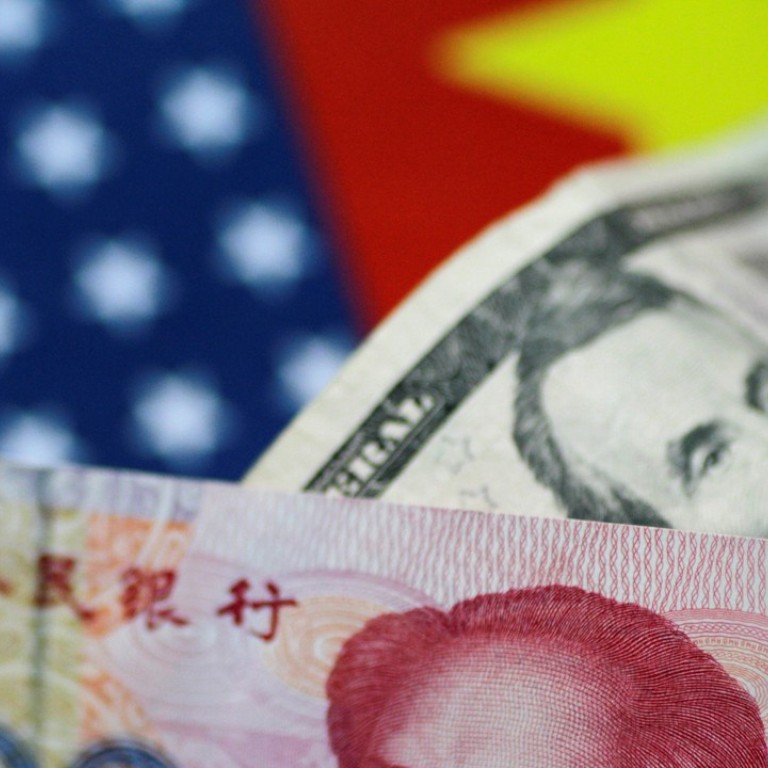
China to maintain tight rein on capital outflows despite gains in forex reserves
Beijing unlikely to change its view that controls on capital are key to maintaining economic stability, analysts say
China will maintain a tight grip on capital outflows despite foreign exchange reserves rising for a fifth straight month in June, analysts said.
The hawkish stance of the US Federal Reserve and huge financial risks at home will reinforce the belief in Beijing that strict controls on capital flows are necessary to ensure economic stability, they said.
China imposed draconian measures to manage outbound payments and investments after its foreign exchange reserves fell by nearly US$1 trillion over a period of two and a half years from their June 2014 peak. Many overseas deals were halted and reserves stopped shrinking as a result.
China’s forex reserves rose to an eight-month high of US$3.06 trillion in June, up US$3 billion from a month earlier, the State Administration of Foreign Exchange said on Friday. The run of five monthly increases is the longest since the Chinese currency reversed its 10-year appreciation against US dollar in the summer of 2014.
But the gains won’t be enough to persuade Beijing to change policy course.
“Exchange rates and capital flows are currently two major external risks,” said Liu Jian, a senior analyst with the Bank of Communications in Shanghai. “There is also a need for financial security.”
The government recently told a number of state-owned banks to check their risk exposure to China’s biggest deal makers, including Wanda and HNA Group, in a sign of Beijing’s uneasiness about aggressive and leveraged deals, according to emails seen by the South China Morning Post.
While the government has successfully defended the Chinese currency against weakening below 7 yuan to the US dollar, and kept its reserves from falling below US$3 trillion, it has increased its scrutiny of outbound “irrational investment” deals in the property and entertainment sectors.
“Outflows are now the biggest concern for Chinese policymakers,” said Iris Pang, a Greater China economist with ING in Hong Kong. Pang said that even investments in belt and road initiative countries are subject to strict vetting.
Chinese investment in 45 belt and road countries fell 11.4 per cent year on year in the first five months, while overall outbound investment dropped 53 per cent in the same period.
The relatively small increase in forex reserves – US$58.6 billion in the past five months – can also be attributed to an appreciation of non-US dollar assets in China’s portfolio thanks to a weakening of the US dollar.
Any further declines in the US dollar, which is currently at an eight-month low, are likely to be limited given the talks on downsizing the Federal Reserve’s balance sheet.
While China’s central bank said recently it would not follow the Fed step for step on issues such as interest rate rises, “pressure may come back in the fourth quarter,” Guotai Junan Securities analyst Wei Feng wrote in a note.
Beijing has made several moves to attract capital inflows, long-term financial investors and foreign direct investment in particular, to offset the persistent deficit in its capital account.
Last week it launched Bond Connect, which allows international investors to access China’s US$9 trillion bond market, after some of its A-shares were eventually included into MSCI’s emerging market index last month.
“With the opening up of financial markets, cross-border capital flows and forex markets will become balanced, and this will further stabilise forex reserves,” the SAFE said in its online statement.

